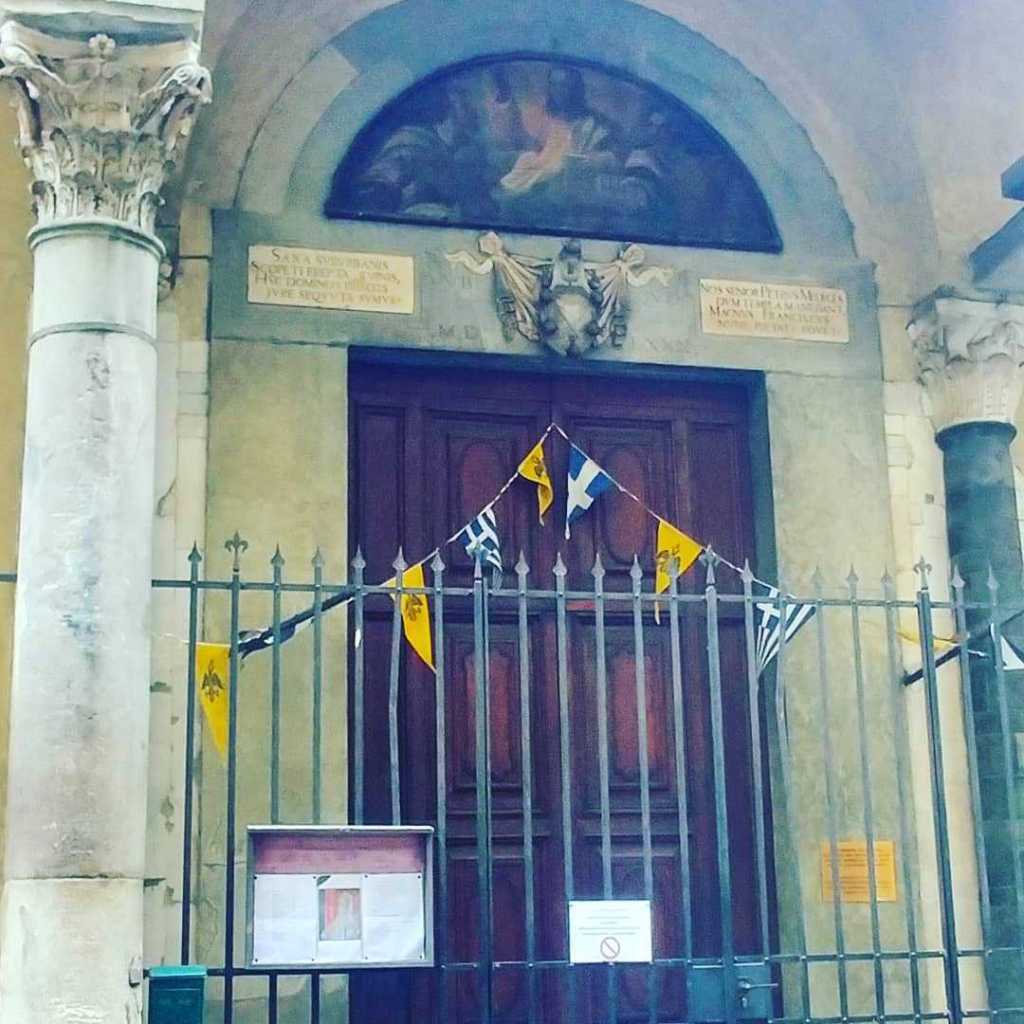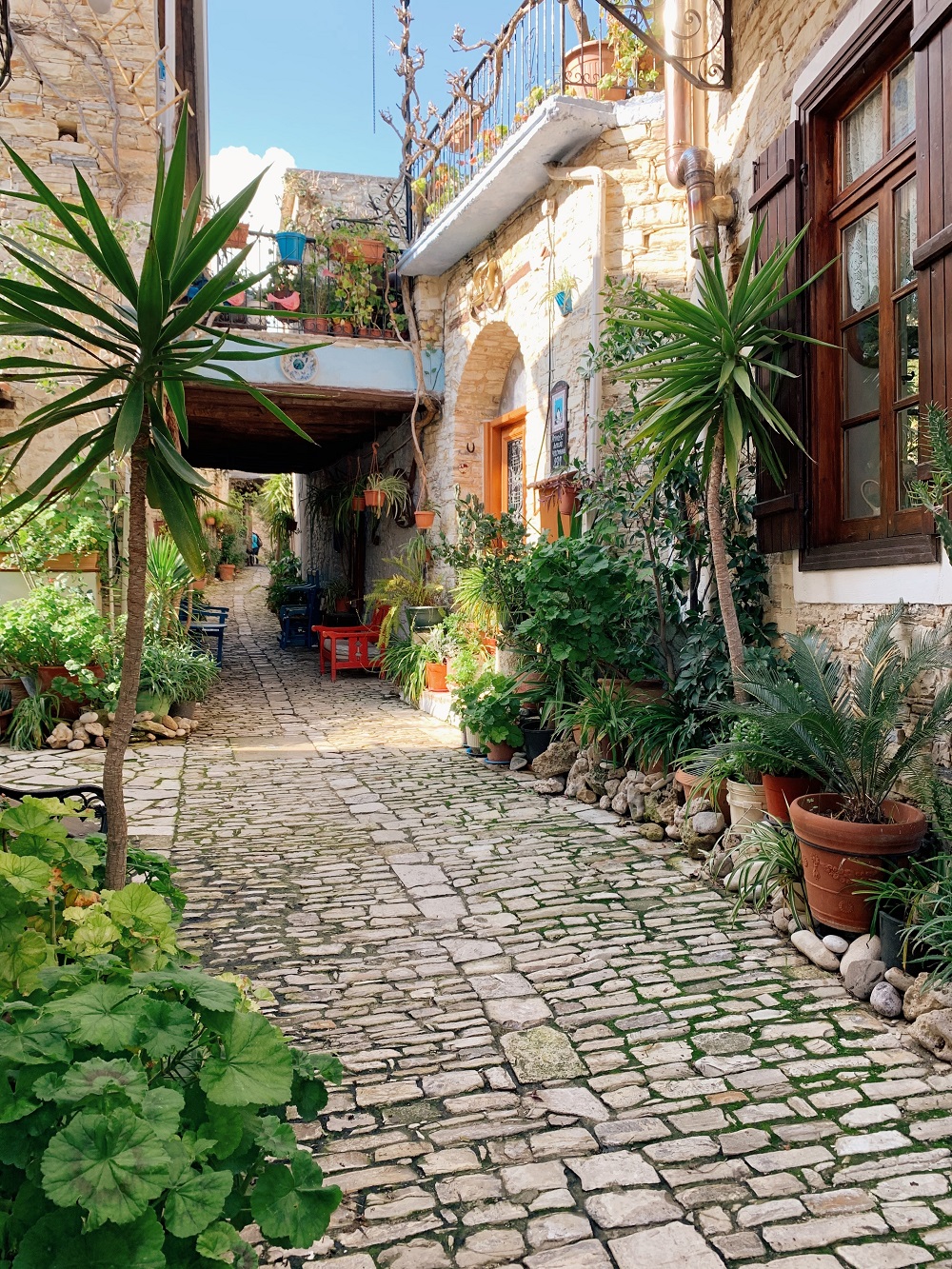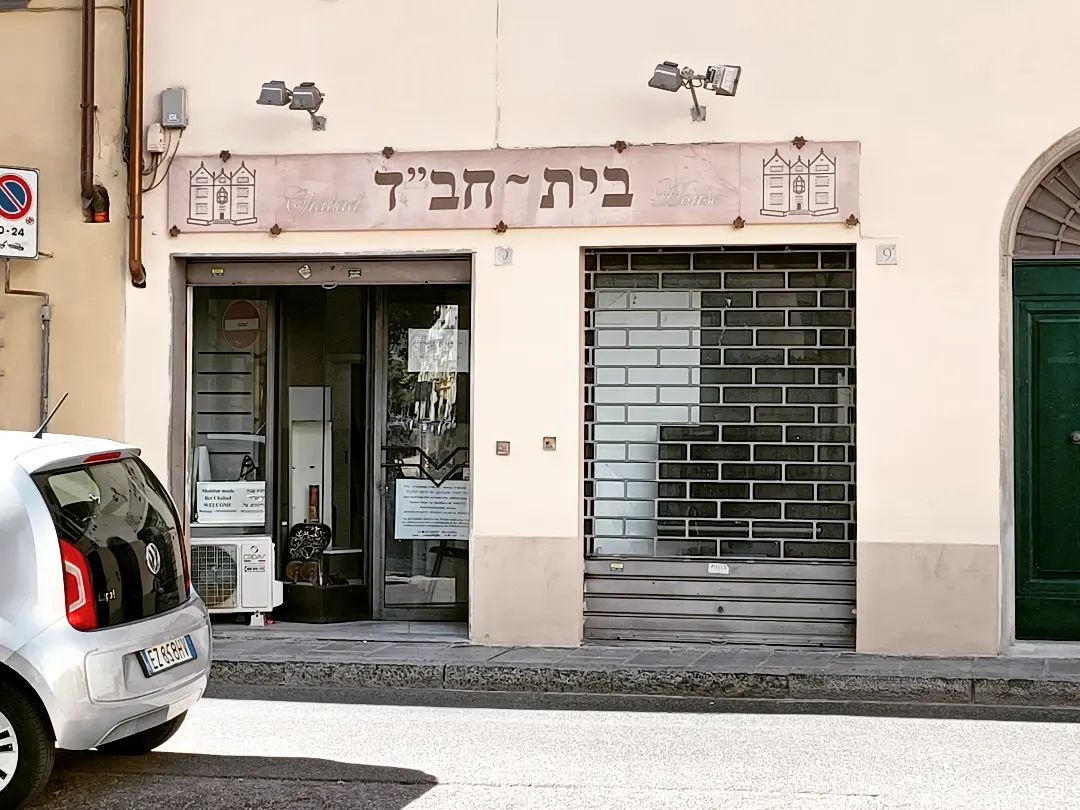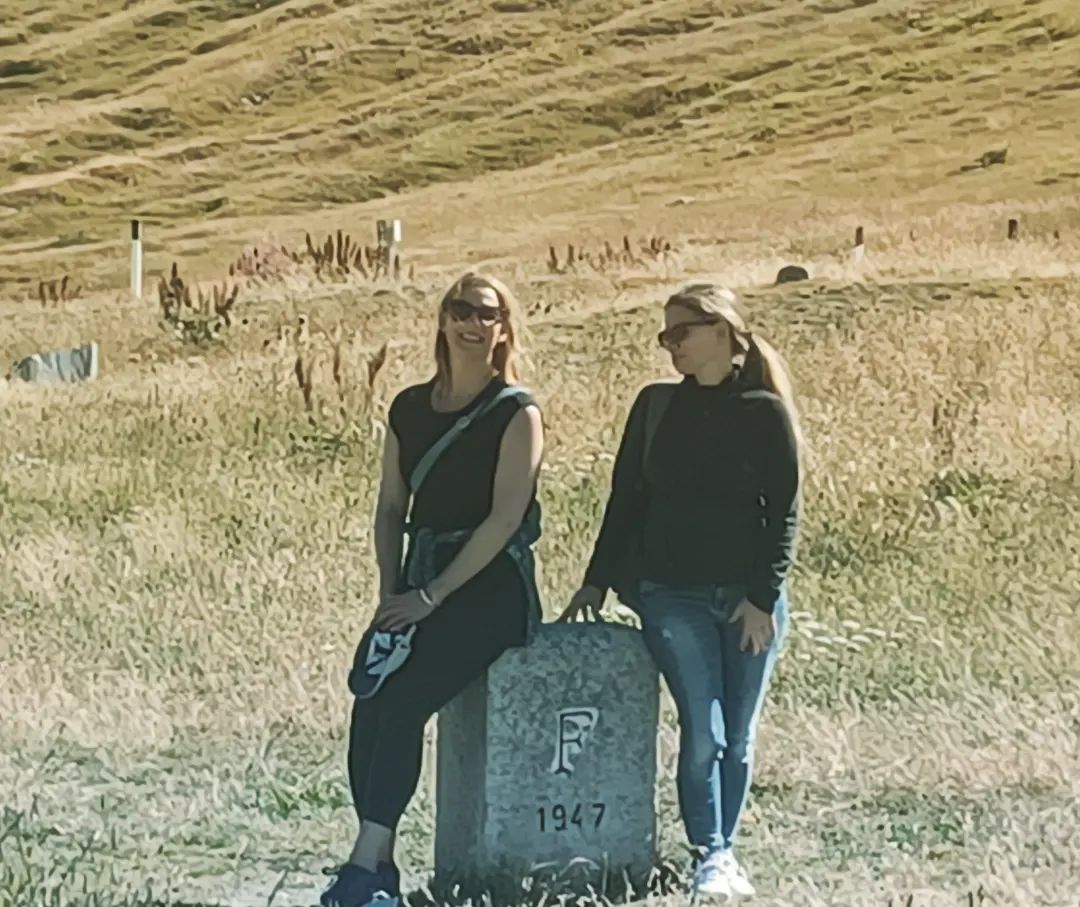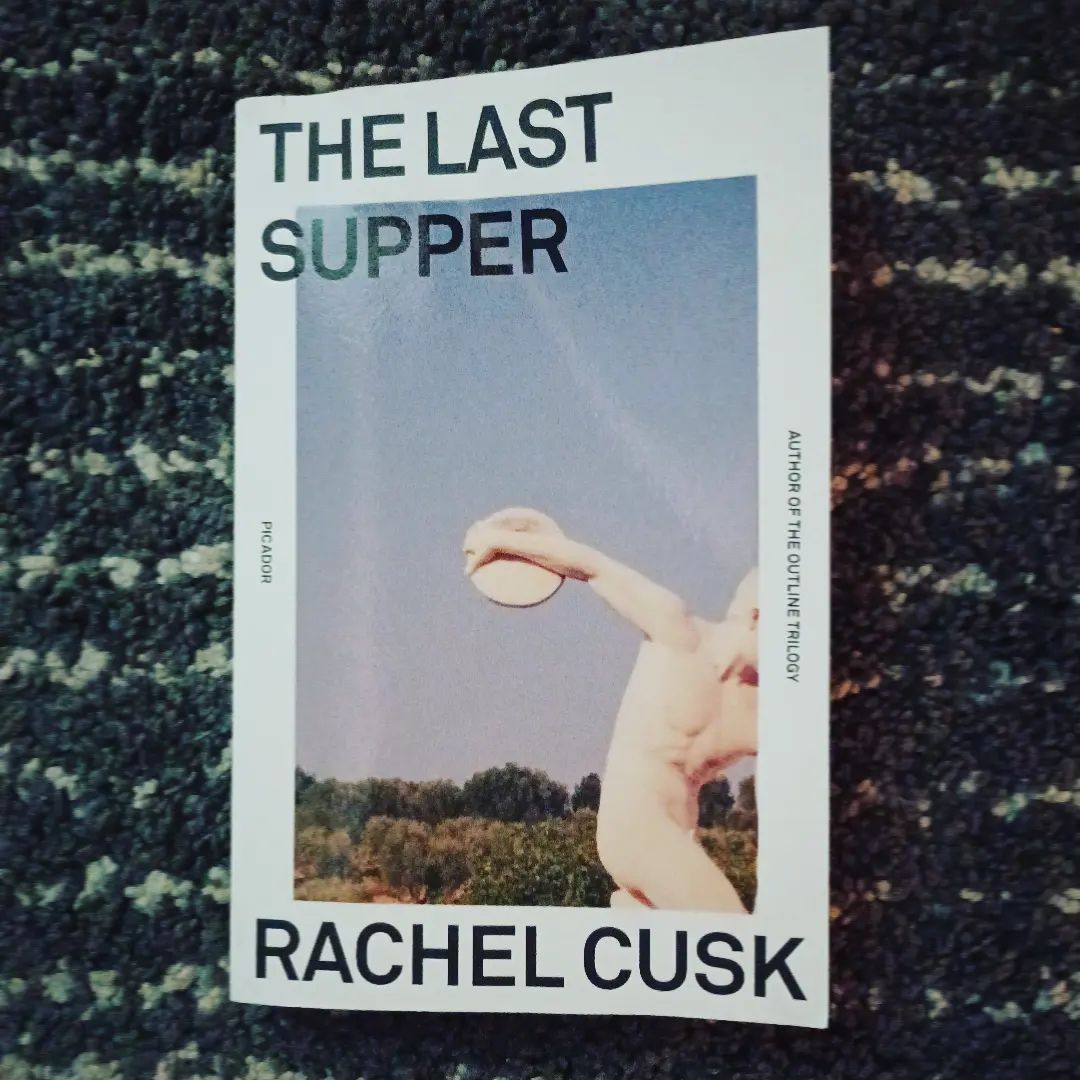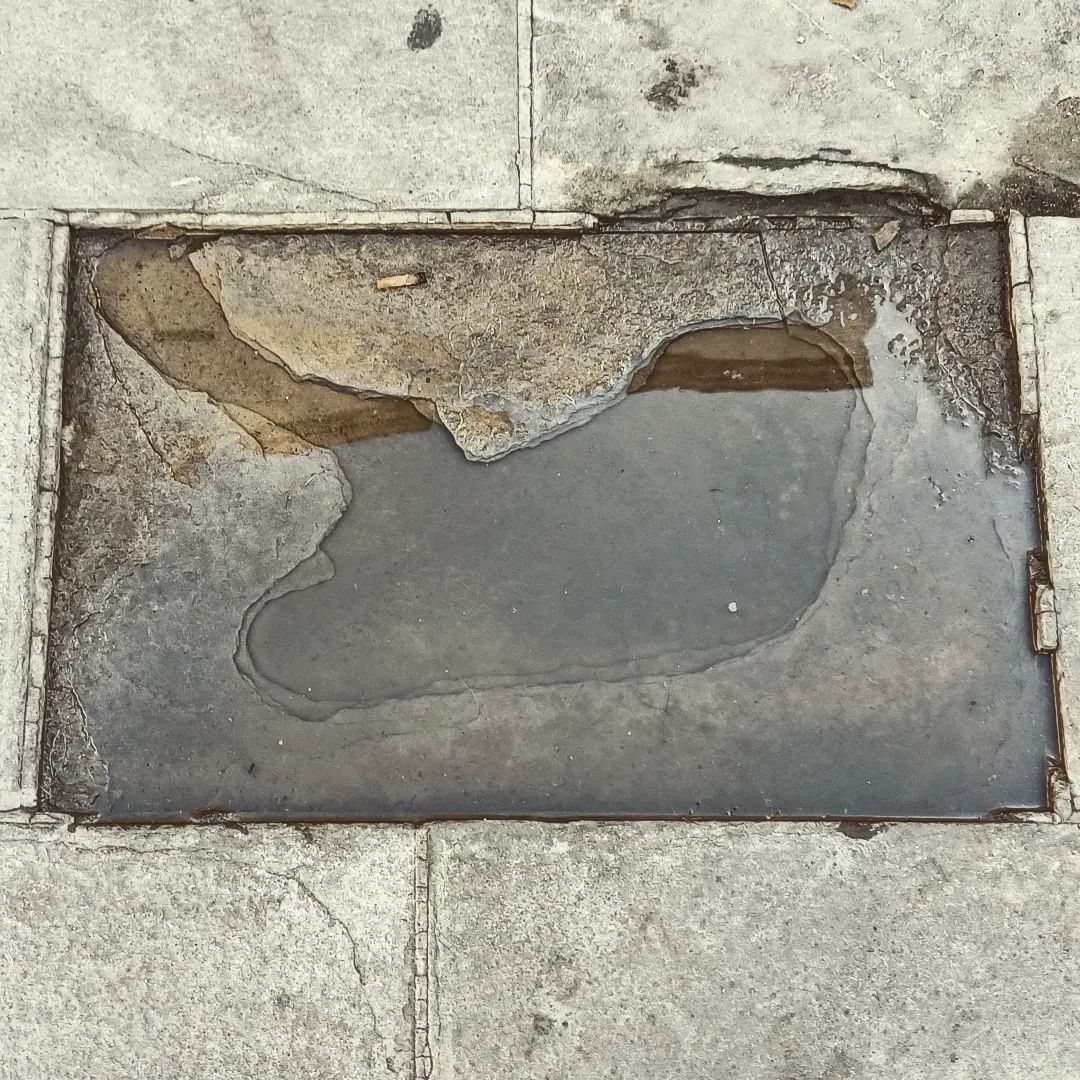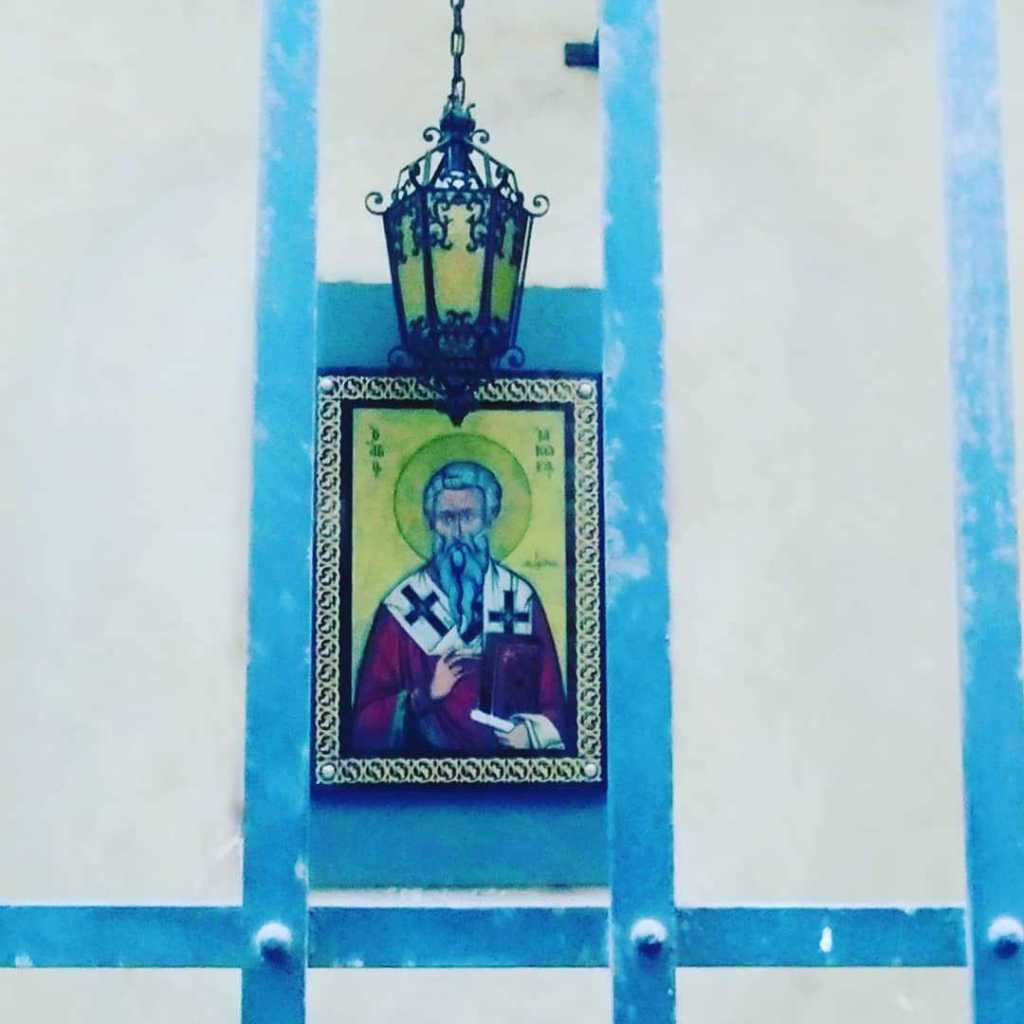
In a strange, dreamlike way, even though I have never been to Greece, I feel a visceral connection to Greek culture. I date this fixation to a hardcover book I purchased as a child in a secondhand bookshop in Florida one winter when visiting mu grandparents. The large volume about ancient Greece seemed oprhaned from a series (where were “The Babylonians,” “The Romans,” “The Celts,” “The Gauls,” etc.) and had a slightly stained cloth cover, lavish color plates, and no end of detailed explanations about the city states: what they wore, what might top a column, the gods they worshipped on Mt. Olympus. Picture books were soon replaced with leisure reading along the lines of Edith Hamilton and D’Aulaire anthologies and C.S. Lewis retellings, which became a major in Classics and Letters as an undergraduate in October 1991. I never looked back. A recent podcast binge on Hardcore History took me along with Herodotus and Xenophon on various campaigns, into Assyria and Babylonia, explaining the uses of political propaganda and intimidating in 550 BCE. I gravitate toward these topics.
Before Latin became the lingua franca of Europe, the language of the learned was Greek. Greek in a Hellenized Mediterranean basin, Greek in parallel with the mirror image of the Byzantine church, and Greek, though frozen in time around 400 BCE, kept pace as a language of scholarship well into the Renaissance, and continues to be so today in Christian seminaries of almost every denomination.
My adventures in the Episcopal church were added to my Greek orbit. You may argue my point, but the Anglican and thus Episcopal churches were not borne of Lutheran Protestantism, instead taking up for a time of unity before the Great Schism of 1054 CE. Let us dispense with the pope, one might hear Cranmer state in as though in a distant dream, and return to an equitable system of patriarchs, distributed throughout Christendom. The greatest gift the Episcopal Church gave me – and continues to give – is a release from the endless analysis and dissections of the Western Church (although appreciated), and an affinity for the Orthodox (and by extension Episcopal) of practice before theory, verging on Buddhism. Gone the Cartesian matching of wits, of theory before practice, the idea that if it can all be explained logically, then I’m totally in. I do think this is the reasoning of many Western atheists, agnostics, and secular humanists. I treasure the Via Media and value a compelling reason (if you’ll forgive my immediate return to the Cartesian redoubt) to lay down the burden of investigation, and to practice.
My total time in a classroom learning Greek amounted to about two months in 2004. Not taking Greek as a young student is one of my greatest regrets in an otherwise full life fairly free of regret. I finished a superb book last week about Greek, La lingua geniale, a play on words of Elena Ferrante’s bestseller, L’amica geniale. The premise of the book is “nine reasons to love Greek,” but it also contains a gentle dissection of Greek grammar: what is lost when a language is lost. Singular, plural… dual? Indicative, subjunctive … optative? The optative in particular, the verbal gradation well beyond the basic subjunctive, of wishing versus possibility through to impossibility, counts as an immeasurable loss in the pantheon of human expression. The willingness to hold in suspension the degree to which we control our surroundings, and the extent to which our hoped-for reality is even possible, seem very timely concepts at the moment.
Tuscany entered the strictest regiment of lockdown yesterday, back to where we were last spring. We have been expecting it for weeks, and in anticipation of a loss of freedom I had been taking extra-long walks all over town. One morning, walking down Borgo San Jacopo in the Oltrarno, I passed by a church I’d been curious to visit for years. It is typically locked up, dark, its chancel hanging over the river and, giving it its moniker of Sant’Iacopo Soprarno (St. Jacob over the Arno). Formerly a landmark church, it is now part of the Greek Orthodox Ecumenical Patriarchate.
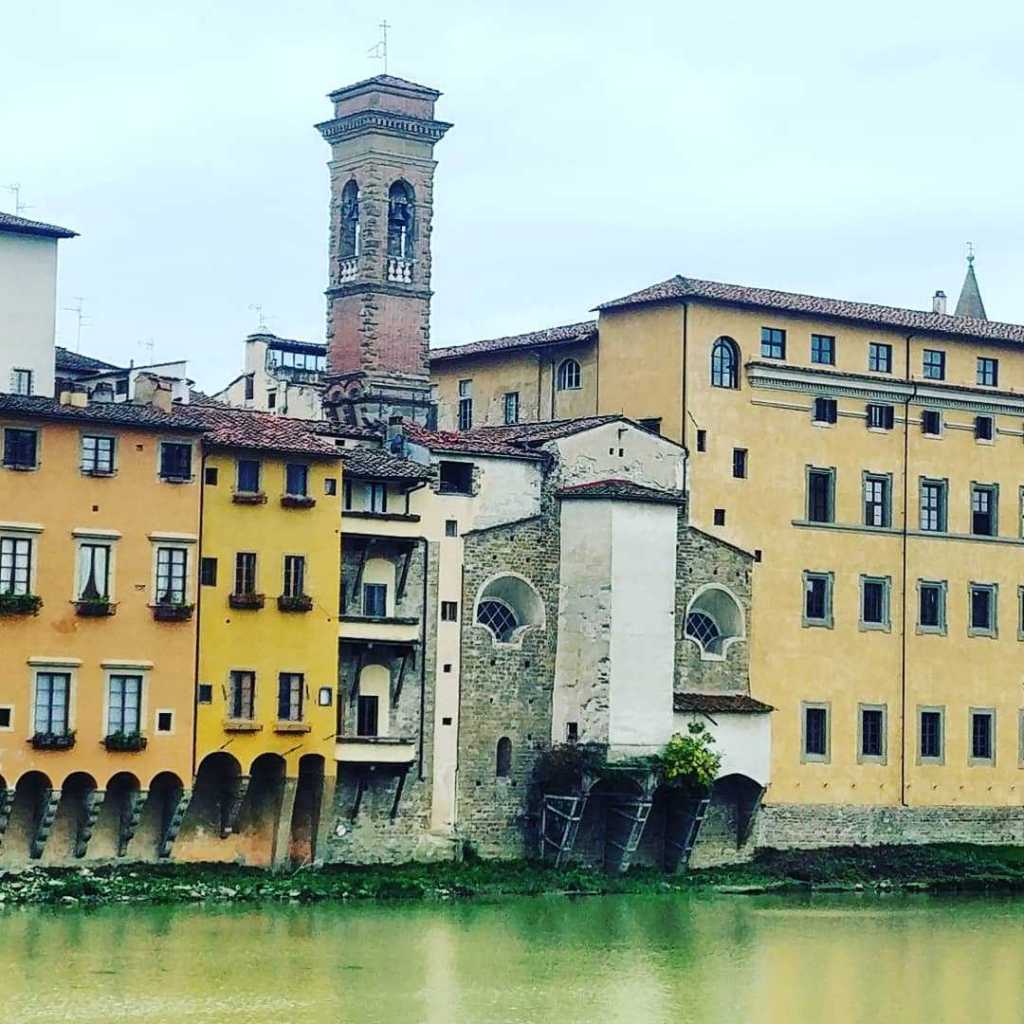
On this chill morning incense floated into the street, and through my headphones I heard the priest canting. Of course I went in and tucked myself into a corner to hear the liturgical mix of Greek, Latin, and Italian (you have no idea how happy this makes me). Two hundred lit beeswax tapers filled the sanctuary with pools of yellow light. The priest went through his paces behind the altar screen; an acolyte stood at the ready with a long taper, and a reader staffed the lectern. Gilded icons were tucked into almost every corner, illuminated by candlelight like an actual heavenly host. I haven’t been in an Orthodox church since I was last in Helsinki, nosing around Uspenski Cathedral (uspenski = dormition in Old Slavic, celebrating the miracle of Mary being taken directly into Heaven, bypassing all that distasteful mortal business of death), the head of the Orthodox Finnish congregation . I noted that accoutrements of the Orthodox sanctuaries made our Episcopal church of St. James (the Greater) look almost as austere as the Lutheran Cathedral of Helsinki, whose whitewashed walls and wooden pews are scrubbed clean, a bit of blue here and there the only color, its niches hollow. I did not stay for the entire liturgy, but left after about twenty minutes, walking into the warm sunshine, a hint of incense remaining in my coat and hair.
I follow my curious heart wherever it may lead, and the old I get, the more I enjoy drawing the connections among language, art, human experience, history, and faith. How fortunate we are to live in an era of cultural richness not forgotten.
